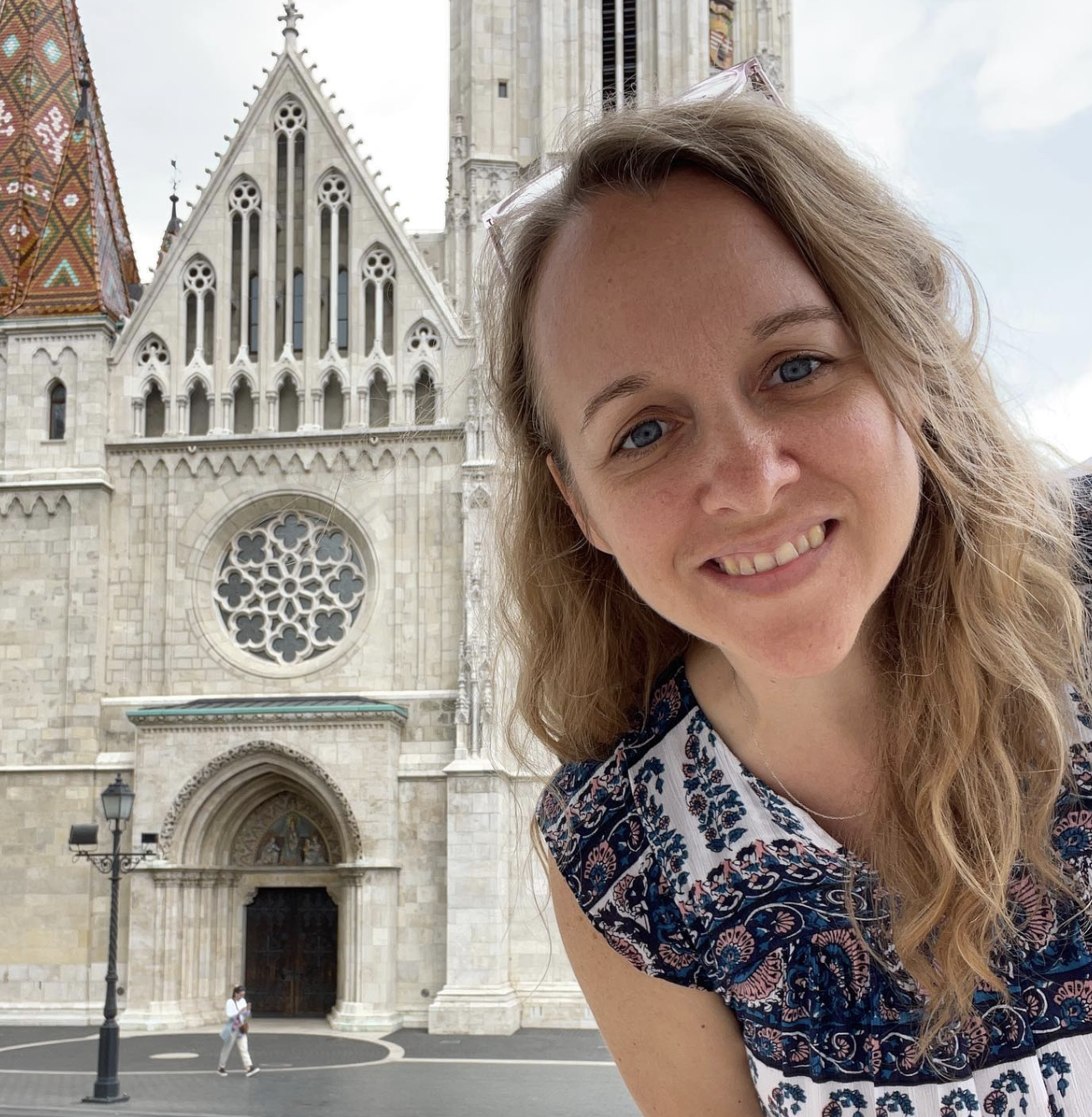The terms denote educational areas that are part of the CPS technology.
The National Institute of Standards and Technology (NIST), in coordination with other federal a
Submitted by Anonymous on February 25th, 2013
This project is to develop a dynamical systems model of distributed computation motivated from recent work on the distributed computation of averages. The key idea is that static optimization problems (particularly convex optimization problems) can be solved by designing a dynamic system that stabilizes around the optimal solution of the problem. Moreover, when the optimization problem is separable, then the designed dynamic system decomposes into a set of locally-interacting dynamic systems. This is expected to open a door to a host of new computational approaches that take advantage of recent developments in control engineering including robust control (providing a mechanism for errors introduced by discretization), Markovian Jump Linear Systems (providing a mechanism for random discretization time), event-driven control (providing a mechanism for assured asynchronous execution), control over networks (providing a mechanism for improved performance of distributed computational systems in general). The new approach is essential in emerging applications, where the optimization runs on physically separated agents, operating in a noisy environment and communicating over unreliable channels. As a test bed, the project will make use of a two-vehicle robotic system developed by the PI designed to monitor a crop of corn plants, where the dynamic systems perspective of this grant will, for example, allow for distributed optimal estimation toward the goal of optimal station-keeping.
By studying how natural systems can collectively compute and optimize, this research has potential to impact many disciplines involving networked systems, from controlling the electric power grid, to modeling the behavior of social, biological or economic systems. It is directly applicable to cooperative networked multi-agent systems like robotic search and rescue missions and disaster-relief operations, distributed machine learning problems, and intelligent systems. An intriguing mix of motivating applications and theoretical problems offer a unique multidisciplinary educational opportunity to students who will be involved in the project, and provide exciting innovative material for courses and labs. Software developed will be distributed as open source via the CPS Virtual Organization.
Off
Iowa State University
-
National Science Foundation
Nicola Elia
Submitted by Nicola Elia on December 11th, 2012
This project explores balancing performance considerations and power consumption in cyber-physical systems, through algorithms that switch among different modes of operation (e.g., low-power/high-power, on/off, or mobile/static) in response to environmental conditions. The main theoretical contribution is a computational, hybrid optimal control framework that is connected to a number of relevant target applications where physical modeling, control design, and software architectures all constitute important components. The fundamental research in this program advances state-of-the-art along four different dimensions, namely (1) real-time, hybrid optimal control algorithms for power management, (2) power-management in mobile sensor networks, (3) distributed power-aware architectures for infrastructure management, and (4) power-management in embedded multi-core processors.
The expected outcome, which is to enable low-power devices to be deployed in a more effective manner, has implications on a number of application domains, including distributed sensor and communication networks, and intelligent and efficient buildings. The team represents both a research university (Georgia Institute of Technology) and an undergraduate teaching university (York College of Pennsylvania) in order to ensure that the educational components are far-reaching and cut across traditional educational boundaries. The project involves novel, inductive-based learning modules, where graduate students team with undergraduate researchers.
Off
Georgia Tech Research Corporation
-
National Science Foundation
Magnus Egerstedt
Submitted by Magnus Egerstedt on December 11th, 2012
The Third International Conference on Cyber-Physical Systems (ICCPS) was held as part of CPS Week 2012 in Beijing, China on April 17 - 19, 2012.
 Submitted by Katie Dey on April 16th, 2012
Submitted by Katie Dey on April 16th, 2012
Event
CPSWEEK 2012
The CPSWeek brings together five leading conferences - HSCC, ICCPS, IPSN, HiCoNS, and RTAS
 Submitted by Janos Sztipanovits on April 16th, 2012
Submitted by Janos Sztipanovits on April 16th, 2012
This workshop aims to bring together researchers from industry and academia that work in the area of fundamental science and
engineering related to the CPS challenge. The meeting is part of the Dagstuhl Seminar Series. Key topics to be discussed are: The research topics related to CPSs to be covered in the seminar are thus (1) Composition & system integration, (2) Design automation, (3) Certification & security/privacy, (4) Theoretical Foundations and (5) Design Paradigms.
 Submitted by Janos Sztipanovits on April 16th, 2012
Submitted by Janos Sztipanovits on April 16th, 2012
Event
CPS Community Forum 2011
Goal
The goal of the CPS Community Forum is to facilitate information exchange among industry, government and academic participants of CPSWEEK. Topics covered by the Forum include reports from the Industry Executive board and Academic Executive Board of the CPS Virtual Organization, discussion of CPS technology needs, research directions and state of education in the US, summaries of CPS research approaches internationally.
Submitted by Helen Gill on April 16th, 2012
Event
ICCPS 2011
The objective of this conference is to be a primary forum for reporting state-of-the-art advances and innovations in theoretical principles, tools, applications, systems infrastructure, and testbeds for cyber-physical systems. Contributions should emphasize the cross-cutting, system-wide themes.
Submitted by Anonymous on April 16th, 2012
Event
WESE'10
Embedded systems is a multidisciplinary field, requiring skills from control and signal processing theory, electronics, computer engineering and science, telecommunication, etc., as well as application domain knowledge. Demand for embedded systems engineers has motivated a growing interest in the question of educating specialists in this domain. As embedded system designs grow more complex and the time to market diminishes, quality embedded systems education becomes more and more important.
 Submitted by Chris vanBuskirk on April 16th, 2012
Submitted by Chris vanBuskirk on April 16th, 2012
Event
ES Diversity
This workshop, which will be held at Embedded Systems Week 2010, will serve as a hothouse for mentoring all varieties of underrepresented minorities in embedded computing and CPS.
 Submitted by Chris vanBuskirk on April 16th, 2012
Submitted by Chris vanBuskirk on April 16th, 2012